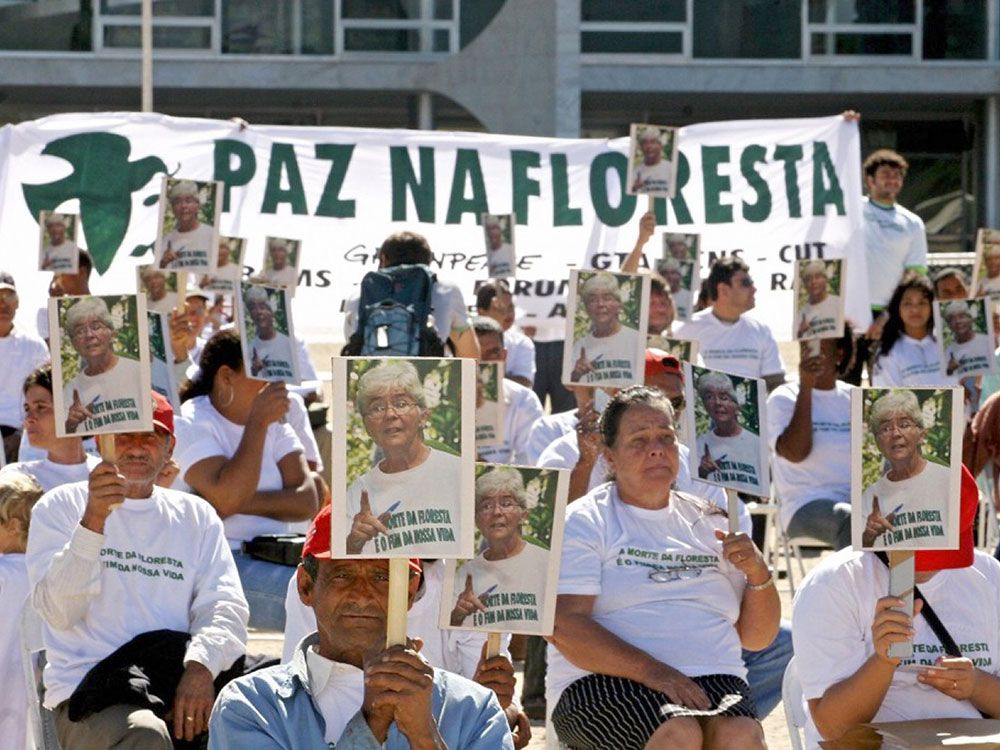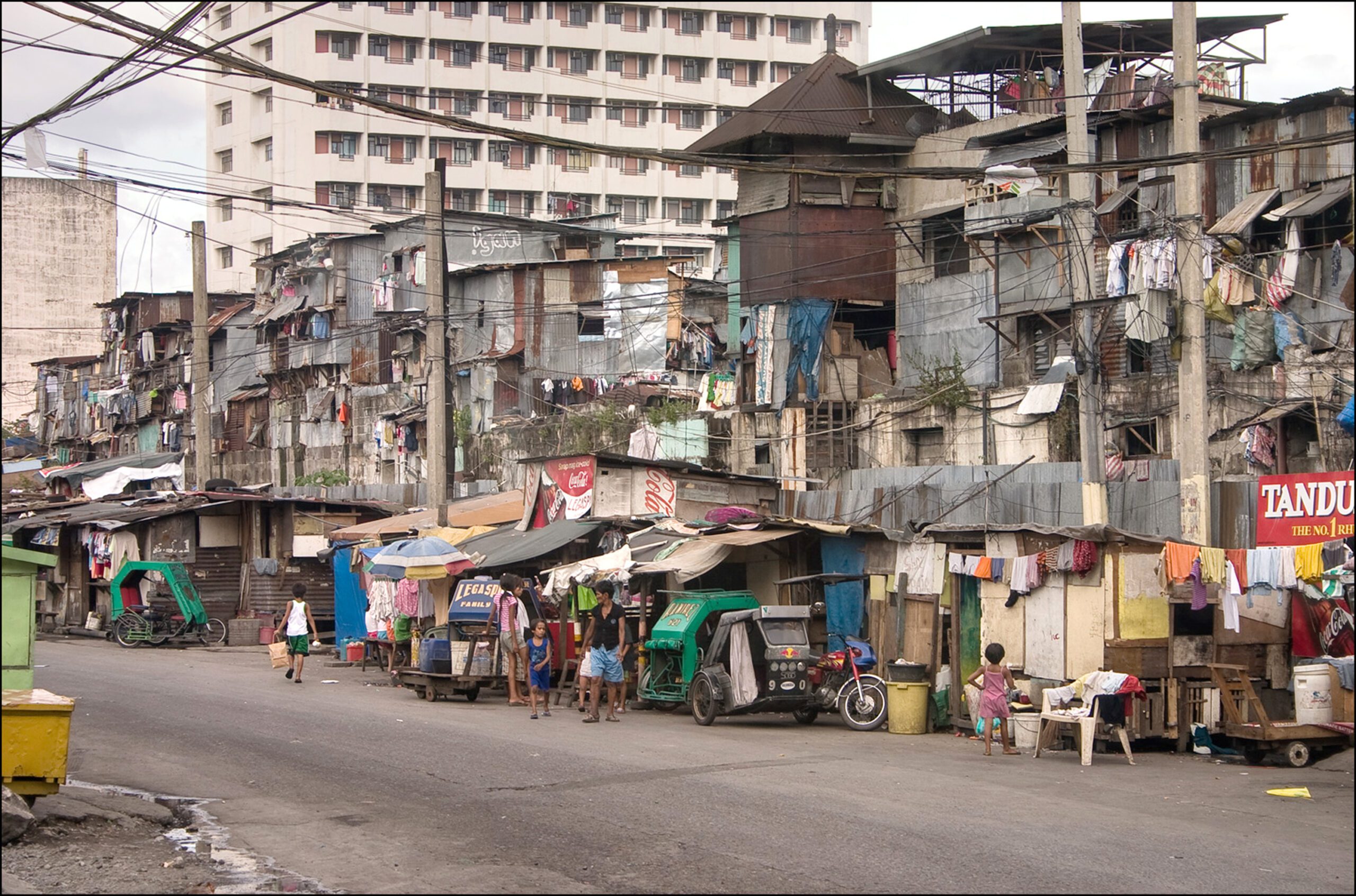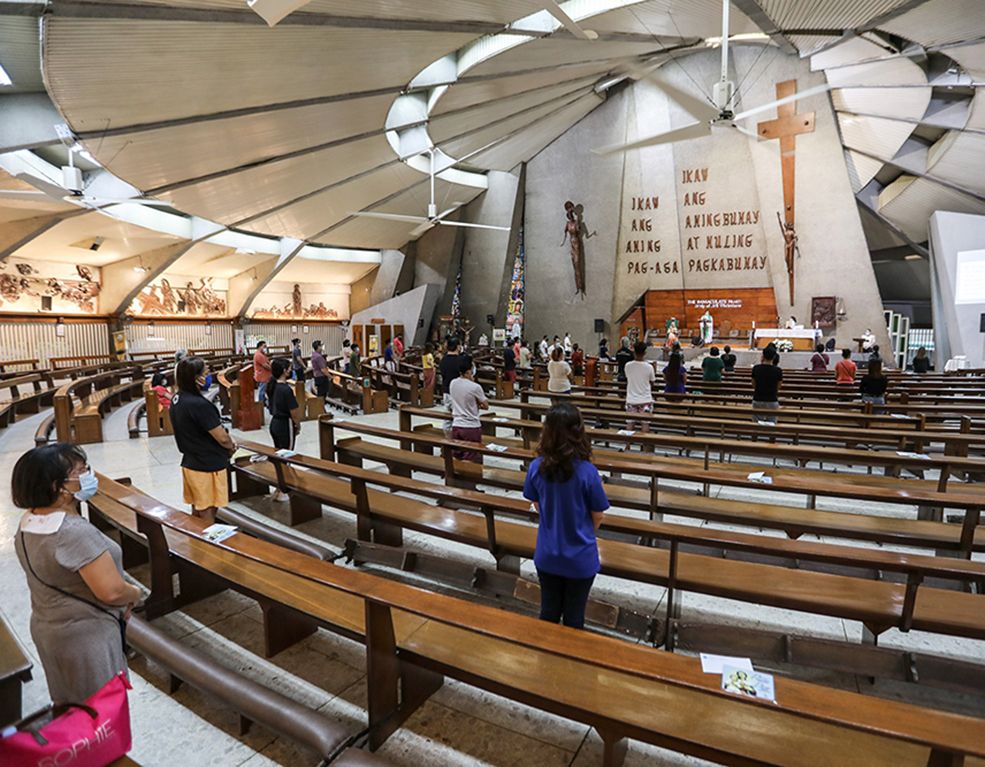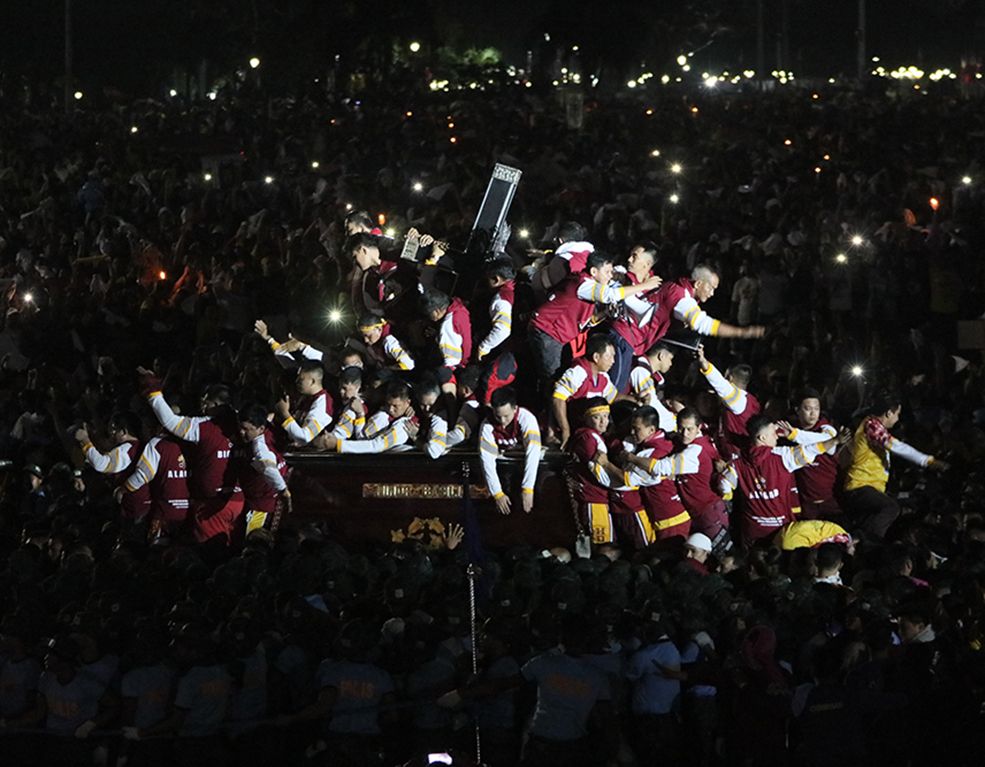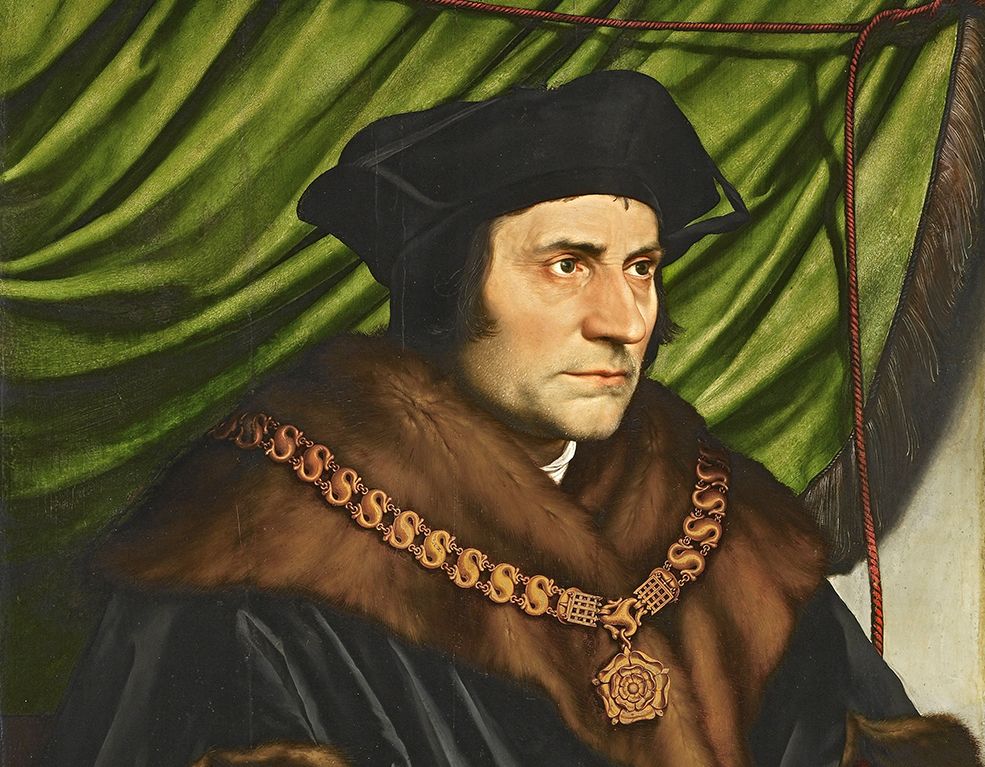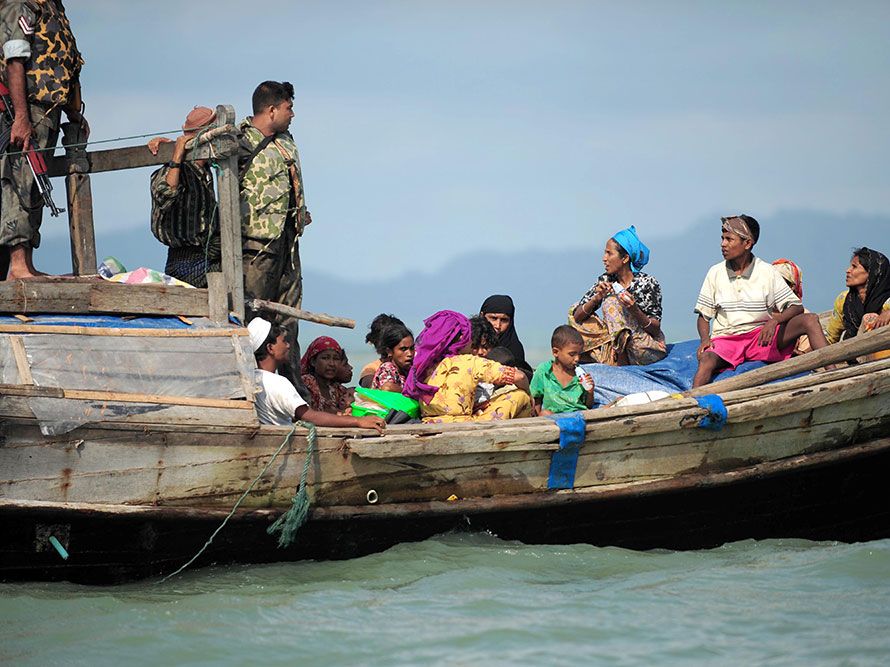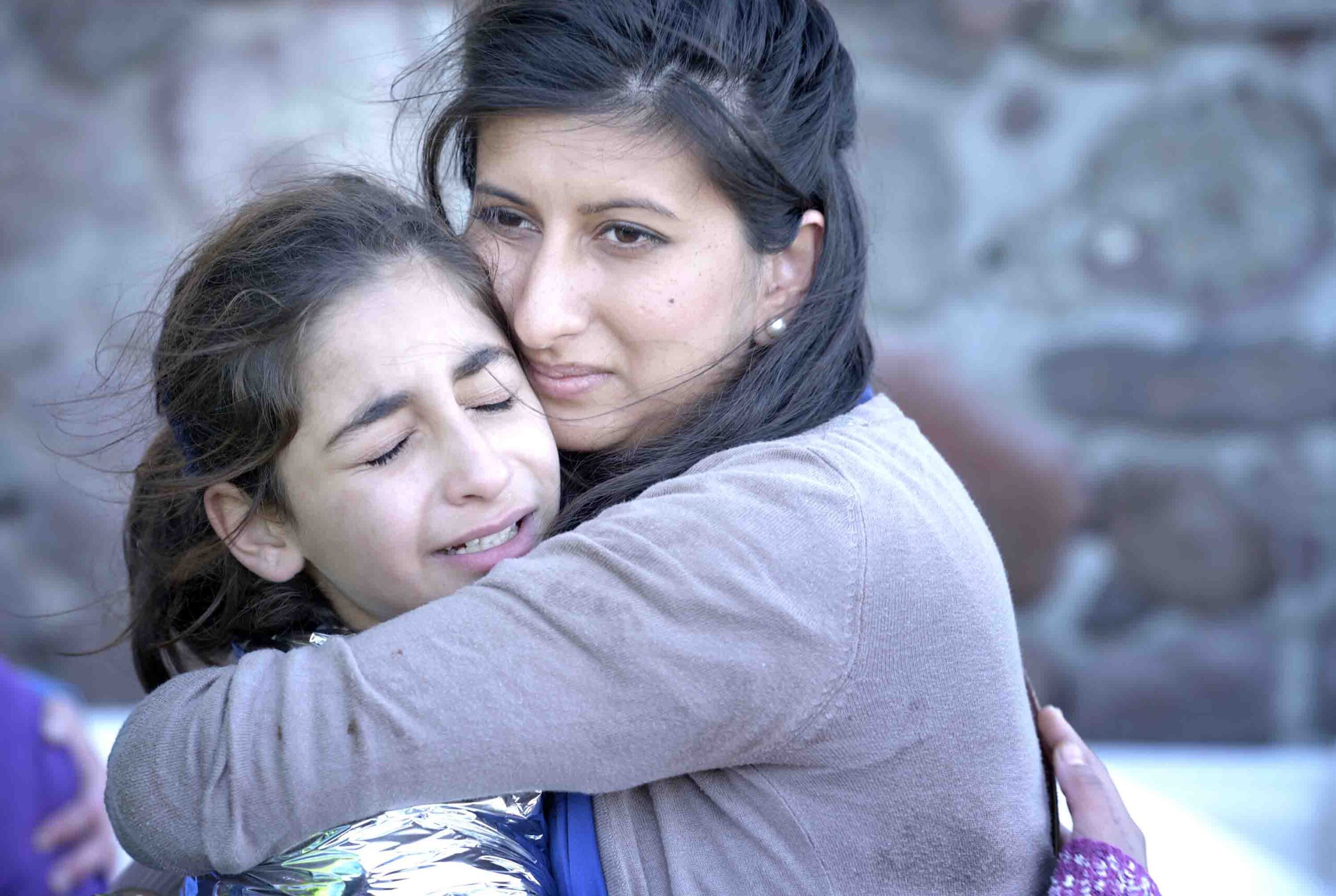I began to discover my personal vocation through my father’s experience. He was very involved in helping others. Then, there was the religious formation in catechism. When I was 19 years old, I found a job in a bank but I always had the desire to go on a mission. In 1962, I attended a vocational retreat for priesthood and later on in that year, I went to study at the seminary.
After two years, I moved to the mission in North India, in Ranchi (Bihar) and continued my studies. And it was in Ranchi, that I heard Mother Teresa in a conference. I was struck by what she said and how she lived the Gospel. The day after hearing her speak, I went to my spiritual father and told him: “Father, I have found my final vocation.” But he did not want to believe me and advised me to continue my studies for another three years. However, he granted me permission to go to Calcutta to have at least a little practical experience.
The plunge into Calcutta was a shock. Although I’m Indian, I was not prepared for a vision of such a special city. After India’s independence, millions of people had come to India from Pakistan and were concentrated in Calcutta. This former capital of the British empire had become a “city of poverty.” And there I met Mother Teresa in person; it was November 30, 1966.
I said: “Mother, I really like helping the poor, to serve them, have this social commitment.” She told me: “We do not do this kind of social work; we work for God.” I did not understand the difference. She explained to me, “We do this for a person: Jesus. For He said: ‘I was hungry and you gave Me food … Every time you do this to the least of My brothers, you do it to Me.’ ” (cf. Mt 25).
This explanation entered my heart. In fact, there is a difference between one who works with the poor as a profession and one who does it for Jesus. Maybe those who do it for a living will do even better but we do it for Jesus. In our rule, there is a fourth vow, that of the “gratuitous service with all your heart” for the poorest of the poor.
Final decision
The explanations that Mother Teresa gave me were enough. I had decided that this would be my way of life. I finished my studies and, on April 7, 1967, I moved to Calcutta. From that day on, I was together with Mother Teresa until her death on September 4, 1997.
On June 2, 1978, I arrived in Rome and on March 8, 1979, I went to Borghetto Prenestino. It was then that we started the night apostolate. We went around to different districts to bring food, clothes, covers, blankets, especially in winter. There were about 40 volunteers. We would divide into three groups each night and did rounds three times a week: Monday, Wednesday and Friday. The apostolate carried us to many neighborhoods.
Because there were so many who continued to sleep on the street, we decided to build a shelter. We applied for a construction permit in 1989, but due to bureaucracy, we were passed from office to office, and only received permission on March, 10, 1992. Meanwhile, we met an architect who asked what he can do for us.
Mother Teresa came for the inauguration on May 29, 1993. Since that day, Casa Serena has offered overnight accommodation for the poorest of the poor of Rome. We have 72 beds and we would like to expand the center but we lack the permits and the material means. Everyday we have about thirty people come to our gates and we give them sandwiches or clothing. Every month, on the last Saturday of the month, we distribute food. There are about 100-120 people, with a minimum pension, who cannot survive. Once, there were only old people. Now there are also many foreign migrants among them.
Three visions
In my first meeting with Mother Teresa, I was struck by her simple faith and conviction. From the way she spoke, it was clear that what she said were not empty words: she practised as she preached. It was something about her that attracted me: the way in which she lived the Gospel. My father taught me to live the Gospel for the poor, for the needy, for others. And she did the same. Yet there was something special about her that I realized many years later. When you do God’s work, your heart becomes different. It is filled with a joy that radiates outward and the person is more certain, without the temptation to look at others.
When she saw the situation in Calcutta, Mother Teresa did not ask, “Why is the mayor, the minister, the bishop of Calcutta not doing something?” No, she only asked one question: “What can I do?” Only after her death did people begin to understand that it was this gift of self that was her vocation as a Missionary of Charity, which Jesus Himself had asked her to adhere to.
Following her death, there were some documents written by her that I cherish in which the Mother speaks of the visions and missions to which she has been called by Jesus and Mary.
The first vision – she describes it herself in those documents – was a large crowd made up of children, the poor, the sick. She was in the midst of them and they all held their hands up to her and said to her: “Come, come and save us, bring us Jesus.”
In the second vision is the same crowd – immense but full of sadness. Then Mother Teresa saw the Virgin kneeling behind her telling her: “These are mine. Bring them to Jesus and bring Jesus to them. Do not be afraid, and teach them to pray the rosary.” And Mary added: “Jesus and I will be here with you and with your children.”
The third vision is similar to the vision of the crucifix of St. Francis in the Church of San Damian where he hears, “Go and repair my Church.” In Mother’s vision, there is Jesus on the Cross, Our Lady somewhat distant and Mother Teresa in front of Mary. Our Lady has her left hand on her shoulder and together they looked upon Jesus on the Cross. And Jesus says: “I have asked this of you; they [the crowd] have asked; My Mother has asked you. Do you refuse to do this for Me?” This vision took place on September 10, 1946, which from that day forth has been known as “The Day of Inspiration” or “Call within a Call.”
Until then, Mother Teresa, who had entered Sisters of Loreto years before, did not understand why she had to leave the convent. But from that day forth, she decided to follow Jesus and to serve the poor.
Jesus had said: “My little one, come, come, take Me into the wounds of the poor. Come, be My light. I cannot go alone. They do not know Me and, therefore, do not want Me. You go and bring Me among them. Bring Me to them and them to Me… In your love for Me, they will see Me, know Me, want Me.” This is the work of Mother Teresa, which is the work of Jesus.
She would give the example of Mary, who goes to visit her cousin Elizabeth, to her Sisters. Mary runs joyfully and quickly, bringing Jesus who was forming in her womb to her cousin. Similarly, Mother Teresa and all the Sisters today, attend Mass every morning, receive Communion, adore the Blessed Sacrament, and then they go out onto the streets. Every Sister, every missionary goes with Jesus. This was always very clear for Mother Teresa. She always said: “I am God’s pencil, a pure instrument.”
In a dialogue with Jesus, Mother says to Him, “Jesus, I am unworthy, sinful, and weak.” And Jesus answers: “That’s why I want you. This will make known My glory. This is how all that you do becomes God’s work and not your own and the Father is glorified by these good works.”
To strengthen this unity between her and Jesus, there was a mystical marriage. In one of the dialogues, Jesus calls her “my little one, you are My bride.” When a piece of iron sticks to a magnet, the iron acquires the same power of the magnet and has the power to attract. Similarly, Mother has become one with Jesus, able to attract. That’s why even the world today is so impressed by this woman, this little nun with a great heart of love; her heart was transformed by her union with Jesus.
A saint for the world
When I go to Calcutta, some Hindu people ask me: “Why do you say that the Church is making Mother Teresa a saint? She is already a saint! This ceremony is not necessary.” And I explain to them that the canonization is a greater recognition of her sanctity, that it is not for her, but for me, for us, for the whole world.
Mother Teresa is important for the world today. And the canonization was not the end of a process but the beginning: it is an invitation to us to deepen our spirituality, to relive the Gospel of Jesus as she lived it, using what she called “the most powerful weapons” that exist, those of prayer and love.
What is wrong with today’s world? Why are we using violent weapons.If we continue down this path, no one will win.
I still remember, on September 6, 1997, when Mother Teresa died, CNN interviewed me and asked me: “Mother Teresa is dead and now what will you do? What will you all do? What will happen?”
I said: “Mother is dead but God is not dead. The work accomplished by her was God’s work and this work of love will continue.” Mother Teresa often said that if God has found a miserable person like her to do His work, He will find other people to continue and perpetuate His work in the world, which still needs to learn to love.
Her sanctity is not only for the Church. Mother Teresa said that “holiness is not a luxury but a must for everyone.” Even the Second Vatican Council, in Lumen Gentium, speaks of the “universal call to holiness.” We are all called by God to become holy. And how does this happen? Doing good, helping the poor, doing the will of God.
One then understands that the canonization was not important to Mother Teresa because she is already a saint and does not need it; we need it, the Church and the world need it. It is a help, a boost, an incentive to take upon ourselves the spirit of Mother Teresa. She left us a great legacy, that of love of God and we must spread, deepen and live this heritage.
So, once again, Mother Teresa has built a bridge between the poor and the rich so that the rich share with the poor and the poor receive from the rich. In this way, all of us and the Missionaries of Charity are building a new world marked by sharing. Only this gives us peace, joy, and changes the world not by violence but with the strength that comes from love. Mother’s holiness should prompt us to act in this way. As Jesus said in the parable of the Good Samaritan: “Go and do likewise” (Lk 10:37). www.asianews.it









